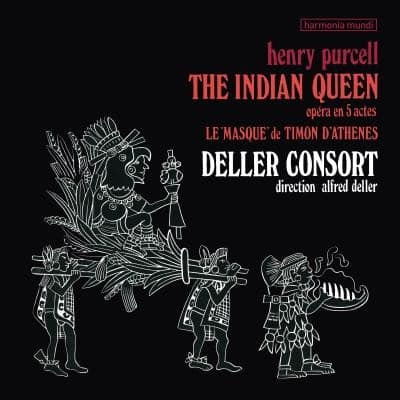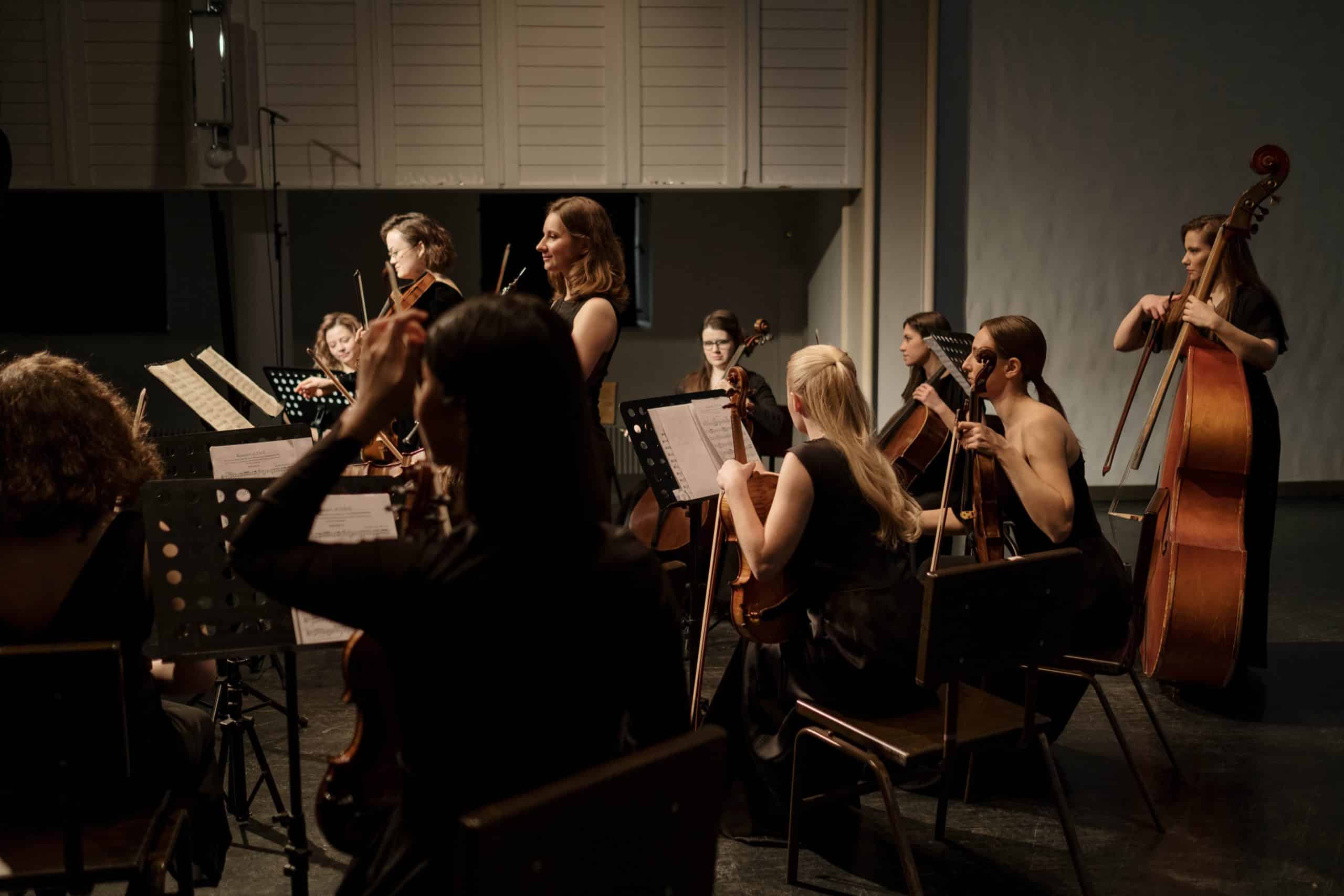Retour au catalogue
HENRY PURCELL [1659-1695]
The Indian Queen, Z. 630
· Overture (4'26)
· Prologue (4'48)
· Acte I
Wake, Quivera, wake (Boy) (9'31)
· Acte II
Symphony (4'31)
· I come to sing (Fame and chorus) (1'42)
· What flattering noise (Envy and two followers) (3'10)
· Begone (Fame) (1'59)
· Acte III
Symphony (0'57)
· Ye twice ten hundred deities (Ismeron) (5'04)
· Seek not to know (God of dreams) (4'16)
The Indian Queen, Z. 630
· Trumpet overture (2'42)
· Ah! how happy we are. We the spirits of the air (Aerial spirits) (4'00)
· I attempt to love's sickness (Aerial spirits) (1'48)
· We the spirits of the air (Aerial spirits) (3'16)
· Acte IV
They tell us (Ozaria) (3'32)
· Acte V
While thus (Chorus) (5'04)
Timon of Athens, Z. 632
· Overture (4'31)
· "Hark! how the songsters of the grove" (6'50)
· "Come all, come all to me" (4'56)
· "The care of lovers" (4'09)
HENRY PURCELL
The Indian Queen [vinyle]
Deller Consort, King Consort, Alfred Deller
1h21
2 Vinyle
HMM332432
À la découverte des Indes (baroques).
Ce sujet synonyme d’exotisme dans toute l’Europe du Grand Siècle opposait Aztèques et Incas dans une pièce de théâtre ; Purcell est mort avant d’avoir pu en terminer la partition musicale. Ce divertissement pour la scène s’impose pourtant comme un « chant du cygne » d’une exceptionnelle beauté.
Lire plus
Lire moins
Artistes
- Deller Consort
- The King’s Musick
- Direction
Compositeurs
Programme
HENRY PURCELL [1659-1695]
The Indian Queen, Z. 630
· Overture (4'26)
· Prologue (4'48)
· Acte I
Wake, Quivera, wake (Boy) (9'31)
· Acte II
Symphony (4'31)
· I come to sing (Fame and chorus) (1'42)
· What flattering noise (Envy and two followers) (3'10)
· Begone (Fame) (1'59)
· Acte III
Symphony (0'57)
· Ye twice ten hundred deities (Ismeron) (5'04)
· Seek not to know (God of dreams) (4'16)
The Indian Queen, Z. 630
· Trumpet overture (2'42)
· Ah! how happy we are. We the spirits of the air (Aerial spirits) (4'00)
· I attempt to love's sickness (Aerial spirits) (1'48)
· We the spirits of the air (Aerial spirits) (3'16)
· Acte IV
They tell us (Ozaria) (3'32)
· Acte V
While thus (Chorus) (5'04)
Timon of Athens, Z. 632
· Overture (4'31)
· "Hark! how the songsters of the grove" (6'50)
· "Come all, come all to me" (4'56)
· "The care of lovers" (4'09)


